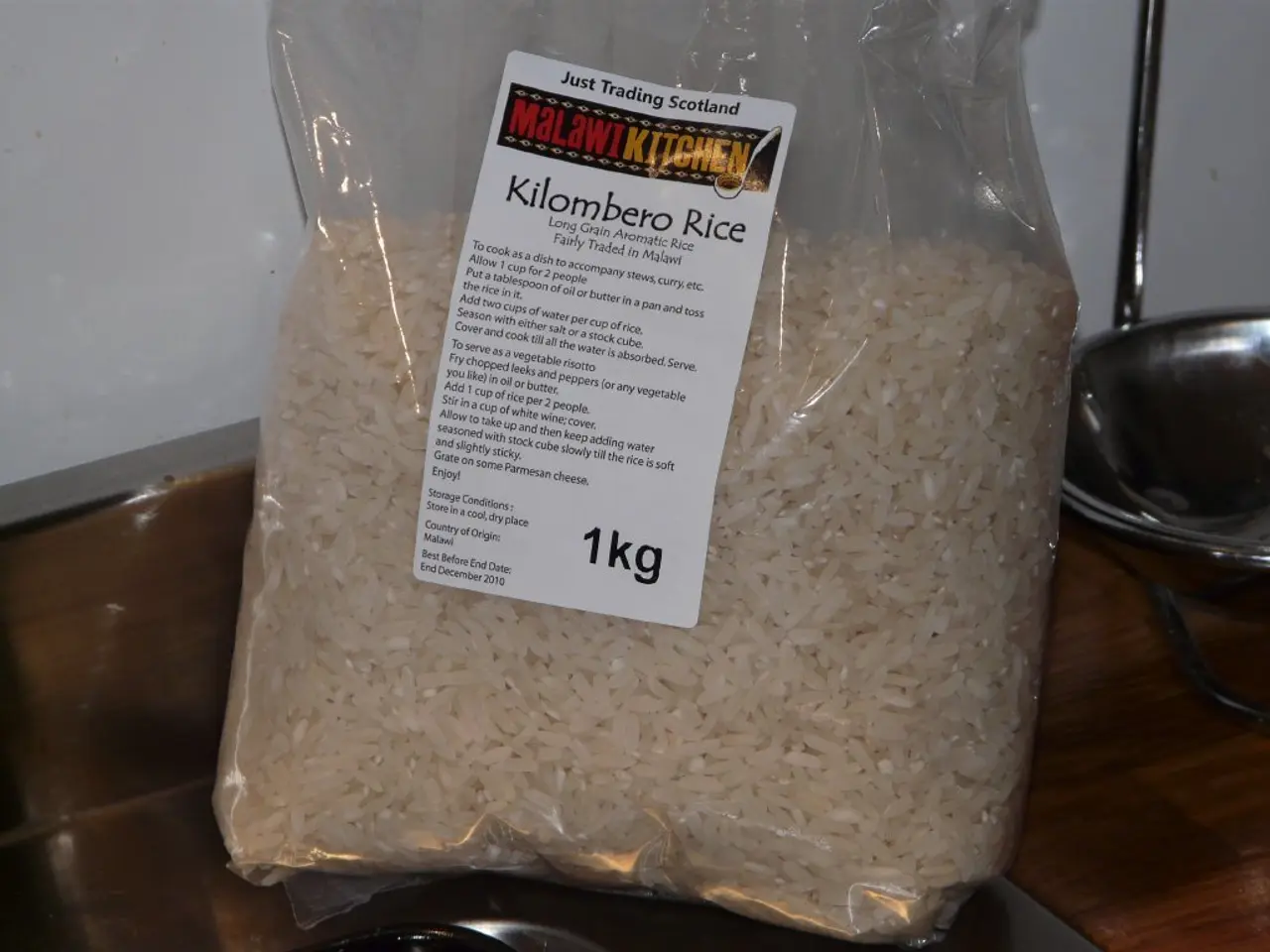Thailand, as asserted by Julapun, finds it impossible to comply with the US's demands for a complete elimination of tariffs on agricultural goods.
Thailand finds itself in a delicate position as the ongoing US-Thailand trade negotiations unfold, with the United States demanding the elimination of tariffs on key agricultural products such as pork, chicken, and beef.
Deputy Finance Minister Julapun Amornvivat has stated that Thailand cannot agree to all US demands for zero tariffs, citing potential long-term consequences for industries that the country must protect. Julapun added that while the short-term benefits might be appealing, such a move could undermine local agriculture, disrupt markets, and lead to job losses in rural areas.
The US demands come at a time when Thailand has proposed reducing tariffs on 90% of US goods, including these agricultural products. However, domestic resistance, particularly from the Thai pork sector, is strong. The sector fears that cheaper US imports could devastate local farmers and lead to a loss of 112.33 billion baht.
If Thailand were to agree to these US demands, the potential long-term economic impacts could be significant. The influx of low-cost US agricultural products could force many Thai farmers out of business, weakening the domestic agricultural sector and rural livelihoods. Thailand's agricultural supply chains might contract sharply, causing socio-economic disruption in rural areas dependent on farming.
On the other hand, conceding to tariff elimination could lower US reciprocal tariffs on Thai exports from 36% to around 20%. This could potentially boost Thai agricultural exports like rice, tropical fruits, and processed foods to the US, offsetting some losses through new revenue streams.
The Thai government faces a complex trade-off between opening markets to improve bilateral trade relations and protecting vulnerable domestic sectors. Economic uncertainty is amplified by delayed finalization of agreements due to geopolitical issues.
Julapun has advised Thai exporters to seek alternative markets to reduce their reliance on the US market due to the risks posed by steep US tariffs. To mitigate the potential harm to businesses and farmers affected by these tariffs, the Thai government is preparing a budget of 200 billion baht for soft loans. This budget may be increased if necessary.
Julapun has also emphasised that Thailand cannot lower import tariffs to zero for agricultural products or other sensitive items. The non-disclosure agreement signed by negotiators from both countries prevents Julapun from disclosing specific details of the US demands.
The negotiating team is still updating the list of tariffs that could be lowered for the US, which will be submitted before the August 1 deadline. The Thai government wants the negotiation results to be win-win for both parties, and is ready to lower tariffs on certain products that won't affect the economic structure, but not on all products.
If Thailand agrees to zero tariffs for US agricultural exports, it would be obligated to apply the same tariff rate to products from other countries with whom it has Free Trade Agreement (FTA) agreements. The Thai government is not expected to remove tariffs on all products due to concerns about the potential destruction of its defense industries.
In summary, the US demands focus on removing tariffs on its key agricultural exports to Thailand. While this could improve US market access and lower US tariffs on Thai goods, it risks substantial harm to Thailand’s domestic agricultural industry and rural economy if accepted without mitigating measures. The Thai government is navigating this delicate balance carefully, with the welfare of its farmers and rural communities at the forefront of its considerations.
[1] [Source] [2] [Source] [3] [Source] [4] [Source]
- The Deputy Finance Minister has expressed concerns about the elimination of tariffs on key agricultural products, stating that it could undermine local agriculture, disrupt markets, and lead to job losses in rural areas.
- The government faces a complex trade-off between opening markets to improve bilateral trade relations and protecting vulnerable domestic sectors, such as agriculture and rural livelihoods.
- To mitigate potential harm to businesses and farmers affected by tariffs, the government is preparing a budget of 200 billion baht for soft loans, which may be increased if necessary.
- If Thailand agrees to zero tariffs for US agricultural exports, it would be obligated to apply the same tariff rate to products from other countries with Free Trade Agreement (FTA) agreements, raising concerns about potential destruction of its defense industries.






